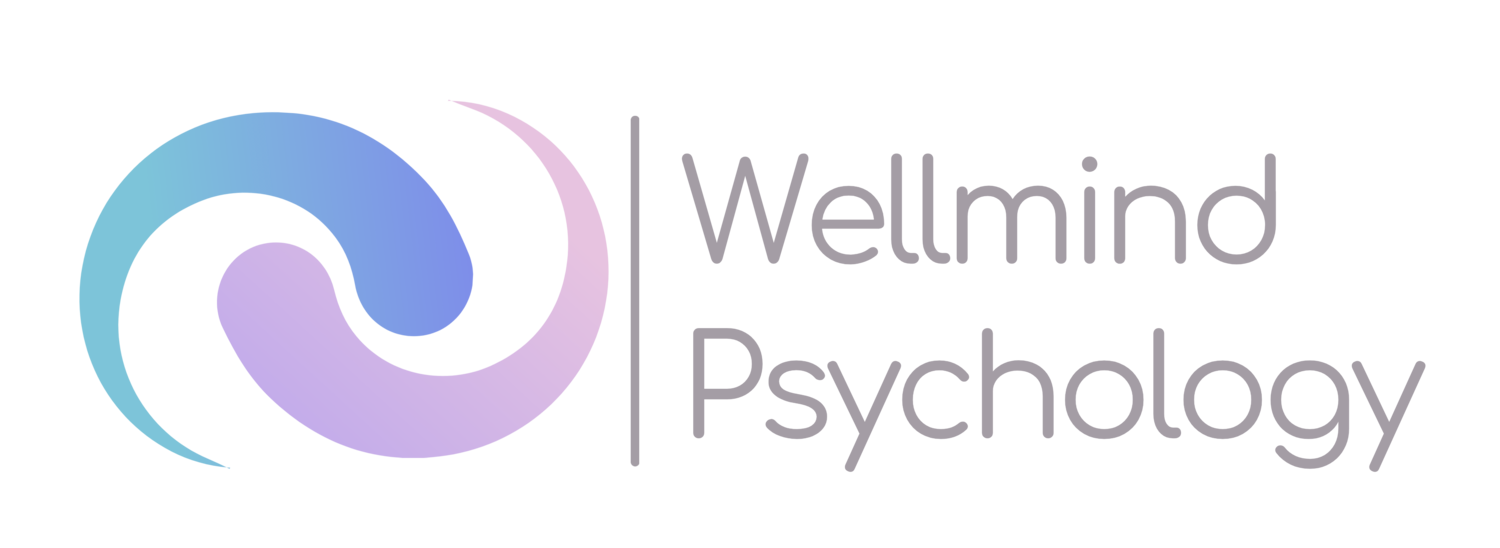Addiction
Addiction is a condition that results when a person ingests a substance (e.g. alcohol, cocaine, nicotine) or engages in an activity (e.g. gambling, sex, shopping) that can be pleasurable but the continued use/act becomes compulsive, interfering with ordinary life responsibilities such as work, relationships, or health.
The word addiction is used in several different ways. One definition describes physical addiction. This is a biological state in which the body adapts to the presence of a drug so that drug no longer has the same effect, otherwise known as a tolerance. Another form of physical addiction is the phenomenon of overreaction by the brain to drugs (or to cues associated with the drugs).
However, most addictive behaviour is not related to either physical tolerance or exposure to cues. People compulsively use drugs, gamble, or shop nearly always in reaction to being emotionally stressed, whether or not they have a physical addiction. Since these psychologically based addictions are not based on drug or brain effects, they can account for why people frequently switch addictive actions from one drug to a completely different kind of drug, or even to a non-drug behaviour. The focus of the addiction isn’t what matters; it’s the need to take action under certain kinds of stress. Treating this kind of addiction requires an understanding of how it works psychologically.
When referring to any kind of addiction, it is important to recognise that its cause is not simply a search for pleasure and that addiction has nothing to do with one’s morality or strength of character. Users may not be aware that their behaviour is out of control and causing problems for themselves and others.
If you or your loved ones are struggling with addiction please contact us today to start your treatment and recovery journey.

